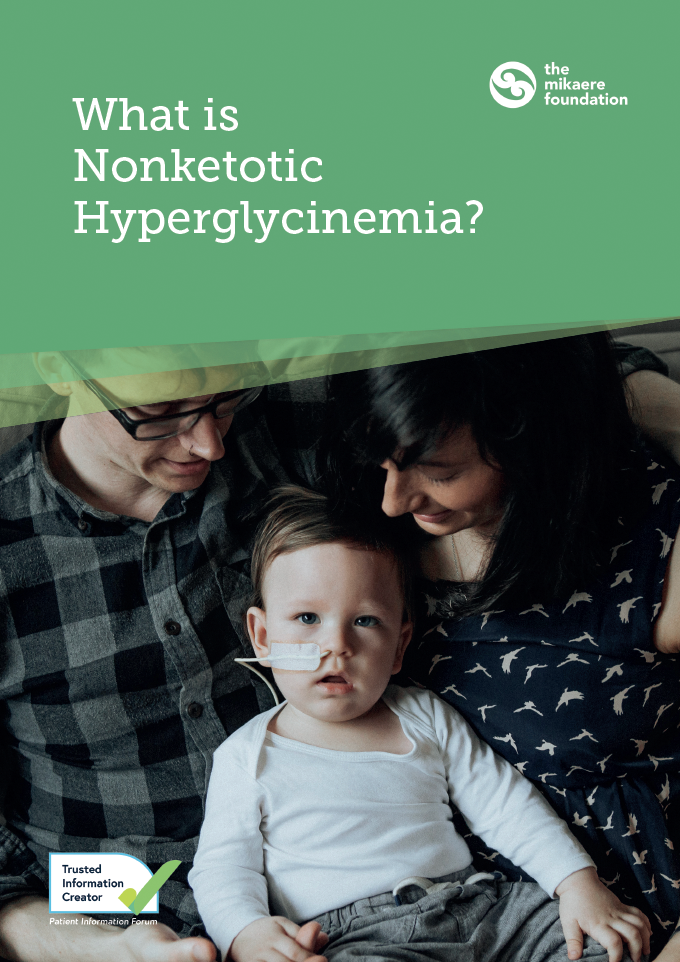What is Nonketotic Hyperglycinemia (NKH)?
Nonketotic Hyperglycinemia (NKH, also known as Glycine Encephalopathy) is a neurometabolic disorder in children which prevents their bodies from processing glycine.
Glycine (amongst other things) is a neurotransmitter – sending signals in the brain and around the central nervous system (especially in the brainstem and spine). It has several functions involved in the processing of motor and sensory information (such as movement, and vision).
NKH usually affects infants and children, appearing shortly after birth. It is a genetic disorder and is inherited from both parents.
There is a wide range of severities with NKH, as the individual mutations affect the child’s quality of life. Some children have very severe NKH. As such they have complex medical needs and experience seizures or dystonia, and can have severe developmentally delay. They may require support sitting, eating and breathing.
Some children are more attenuated (mild). They might be able to walk for short distances and have behavioural difficulties. One or two very attenuated children may even graduate from a mainstream high school.
In the same manner there are a range of severities, there is also a range of life expectancies. Unfortunately NKH is considered terminal, or life limiting. 1 in 3 children diagnosed with NKH are unlikely to see their first birthday. Of those that do, the average age at death is between 4-8 years.
But have hope, there is research underway to find an effective treatment in gene therapy. While life with NKH is hard, there is still a lot of love to be had. Have hope.
For more in-depth information about Nonketotic Hyperglycinemia (NKH), please visit foundationnkh.org or download our information booklet:

Booklet: What is Nonketotic Hyperglycinemia (NKH)?
This is a downloadable PDF provides an overview of the causes, symptoms, diagnosis and treatments of Nonketotic Hyperglycinemia (NKH). The information in this booklet it sourced from both peer-reviewed research and the experiences of families and patients with NKH. If you’d like this booklet as a physical copy, or in a different format, or a copy with references, please email us.
Otherwise, for more information about Nonketotic Hyperglycinemia (NKH), please visit nkh.org:
